detail profile fe c4 91a c5 a0tukan
Peran Yang Di Mainkan Feđa Štukan
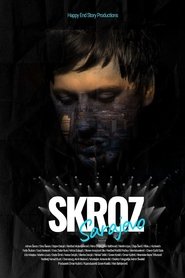 Honest and revealing story about a...
Honest and revealing story about a...Skroz Sarajevo 2022
Honest and revealing story about a musician Adnan Saran and his indie rock band Skroz (eng. - Totally). The film talks about their beginnings, war experiences, after-war tours, PTSD, addiction, poetry, brotherhood and friendship.
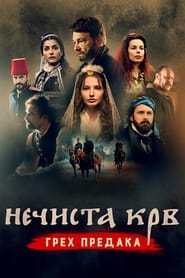 The film follows the story of...
The film follows the story of...Bad Blood 2021
The film follows the story of Hadzi Trifun, a prominent Serbian merchant, who tries to keep the peace with the Turkish authorities, but also maintains his reputation and influence in Vranje, an important Turkish town near the border with liberated Serbia. While Trifun is preparing his two sons to succeed him as the leaders of the Serbian people, he is suffering not only from powerful Turkish beys, but also from his family. Trifun makes difficult decisions that will later affect his descendants, the heroes of the novel Impure Blood by Serbian writer Bora Stankovic.
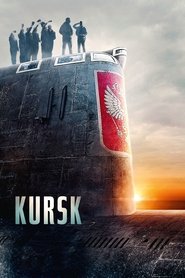 Barents Sea August 12th 2000 During a...
Barents Sea August 12th 2000 During a...Kursk 2018
Barents Sea, August 12th, 2000. During a Russian naval exercise, and after suffering a serious accident, the K-141 Kursk submarine sinks with 118 crew members on board. While the few sailors who are still alive barely manage to survive, their families push for accurate information and a British officer struggles to obtain from the Russian government a permit to attempt a rescue before it is late. But general incompetence are against all their efforts.
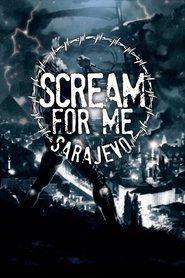 In 1994 Sarajevo was a city under...
In 1994 Sarajevo was a city under...Scream for Me Sarajevo 2018
In 1994, Sarajevo was a city under siege. Mortars and rocket propelled grenades rained onto the city, killing indiscriminately, every day. Amongst the madness, two United Nations personnel: a British military officer and another Brit working for the UN Fire Department, decided it would be fun to persuade a global rock star, Bruce Dickinson of Iron Maiden, to come and play a gig to the population. Scream for Me Sarajevo brings that story, in all its madness, to the big screen. A story of musicians who risked their lives to play a gig to people who risked their lives to live them.
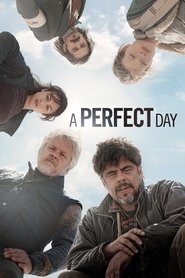 Somewhere in the Balkans 1995 A team...
Somewhere in the Balkans 1995 A team...A Perfect Day 2015
Somewhere in the Balkans, 1995. A team of aid workers must solve an apparently simple problem in an almost completely pacified territory that has been devastated by a cruel war, but some of the local inhabitants, the retreating combatants, the UN forces, many cows and an absurd bureaucracy will not cease to put obstacles in their way.
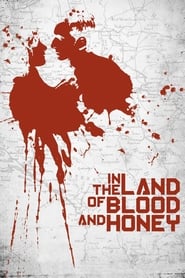 During the Bosnian War Danijel a...
During the Bosnian War Danijel a...In the Land of Blood and Honey 2011
During the Bosnian War, Danijel, a soldier fighting for the Serbs, re-encounters Ajla, a Bosnian who's now a captive in his camp he oversees. Their once promising connection has become ambiguous as their motives have changed.
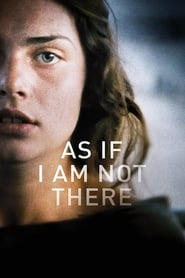 A harsh dose of cinematic realism...
A harsh dose of cinematic realism...As If I Am Not There 2010
A harsh dose of cinematic realism about a harsh time – the Bosnian War of the 1990s – Juanita Wilson's drama is taken from true stories revealed during the International Criminal Tribunal in The Hague. Samira is a modern schoolteacher in Sarajevo who takes a job in a small country village just as the war is beginning to ramp up. When Serbian soldiers overrun the village, shoot the men and keep the women as laborers (the older ones) and sex objects (the younger ones), Samira is subjected to the basest form of treatment imaginable.
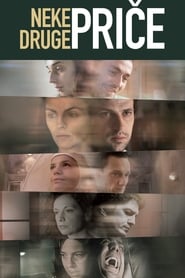 The film is a highconcept project...
The film is a highconcept project...Some Other Stories 2010
The film is a high-concept project with five stories exploring the themes of motherhood and pregnancy, directed by women filmmakers from five former Yugoslav republics. “Croatian Story” follows an anguished painter who must decide whether or not to keep one of her unborn twins, diagnosed with Down syndrome. “Serbian Story” finds an expectant mother in the same emergency room with a charming killer. “Bosnia-Herzegovina Story” centers on a financially strapped Sarajevo family whose son?s lover is pregnant. “Macedonian Story” unfolds in a clinic where a drug addict struggles to keep her baby, and “Slovenian Story” ends the omnibus on a humorous note with a nun who finds her own way to immaculate conception.
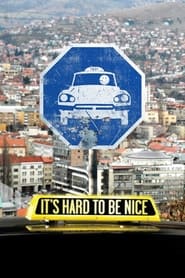 Story about a fortysomething Sarajevo taxi...
Story about a fortysomething Sarajevo taxi...It's Hard to Be Nice 2007
Story about a forty-something Sarajevo taxi driver named Fudo (Saša Petrović) who decides to take control of his own destiny. Fudo doesn't earn much, so he supplements his income by offering tips to the local criminal syndicate and turning a blind eye to their nefarious dealings. One day, after offering a particularly bad bit of advice to a violent gangster, Fudo is badly beaten. When Fudo's wife Azra (Daria Lorenci) discovers what has happened, she decides to take the couple's infant son and move out. Now determined to win his wife back and restore peace in the home, Fudo decides to go straight. But cleaning up his act isn't going to be easy, because after borrowing enough cash from black market dealer Sejo (Emir Hadžihafizbegović) to purchase a van and then refusing to aid him in any underhanded dealings, the only person willing to cut him any slack is the sympathetic Azra.
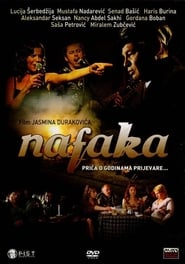 Sarajevo 1992 They are called Ahmed Lana...
Sarajevo 1992 They are called Ahmed Lana...Nafaka 2006
Sarajevo, 1992. They are called Ahmed, Lana, Sado, Saba, Sahbey, Beba, Nemanja, Marx, Matan. They live in and between wartimes. They have "nafaka", the destiny which was bestowed on them by God Almighty. They have enough gallows humor and courage to believe in freedom and happiness.
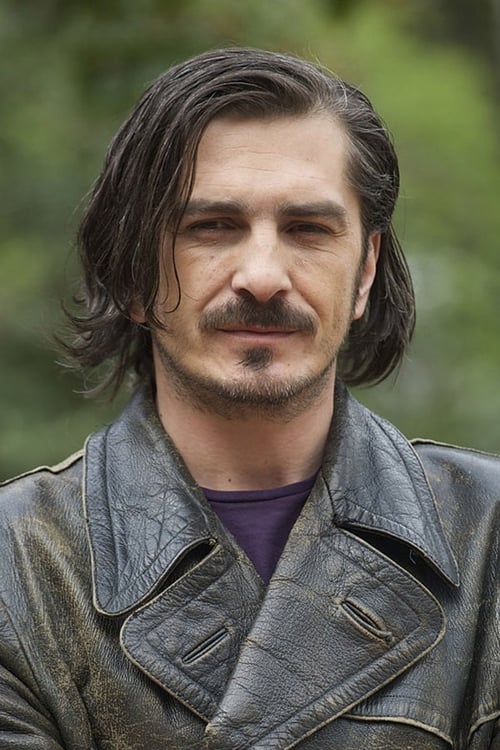
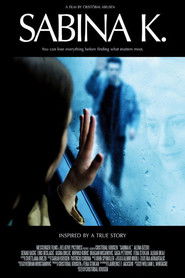 Sabina a divorced mother of two...
Sabina a divorced mother of two...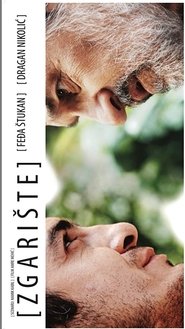 A man comes home to discover...
A man comes home to discover...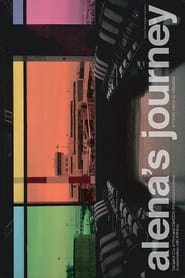 Alena is preparing for an important...
Alena is preparing for an important...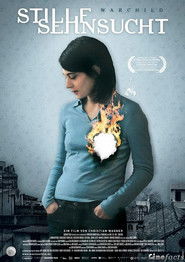 Years after the end of the...
Years after the end of the...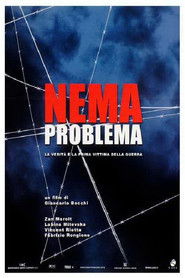 A war correspondent ventures into a...
A war correspondent ventures into a...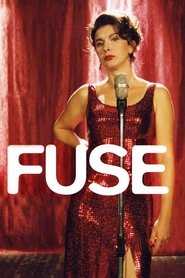 Two years after the Bosnian civil...
Two years after the Bosnian civil...